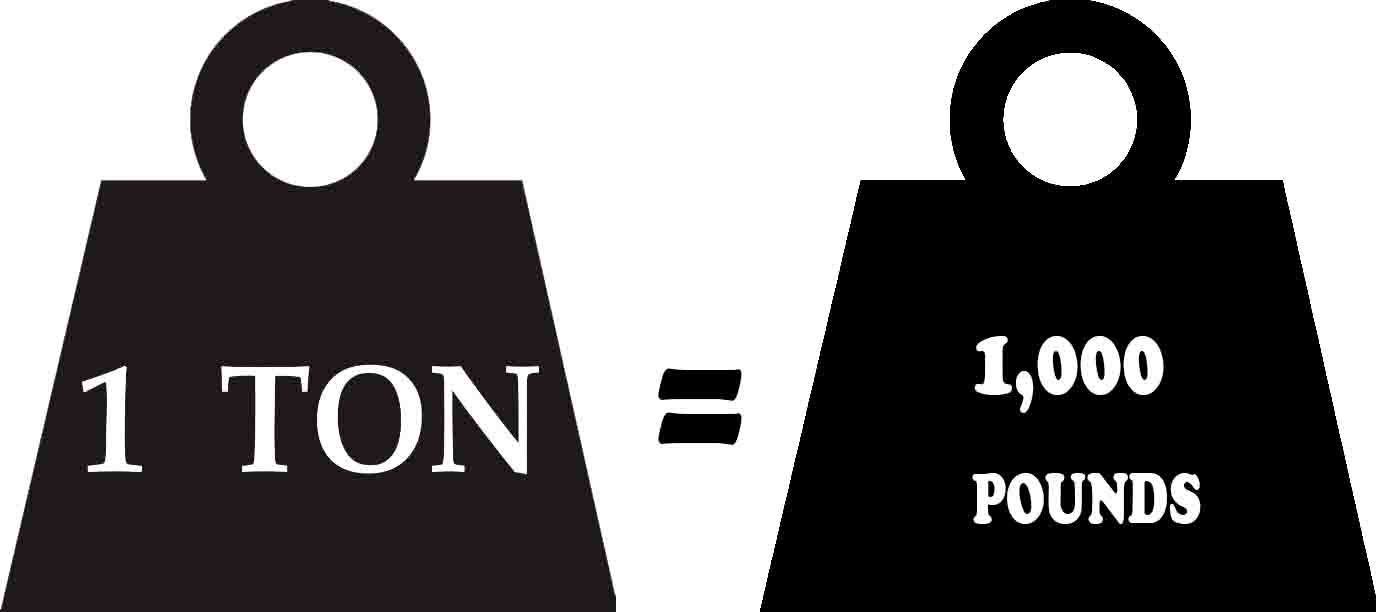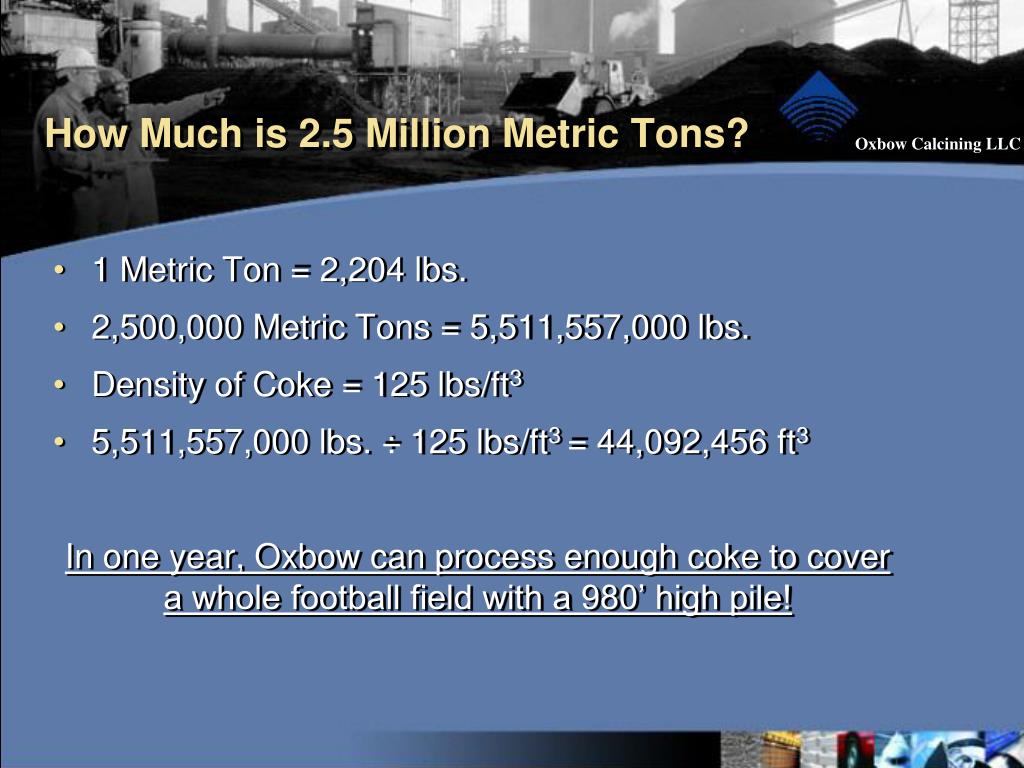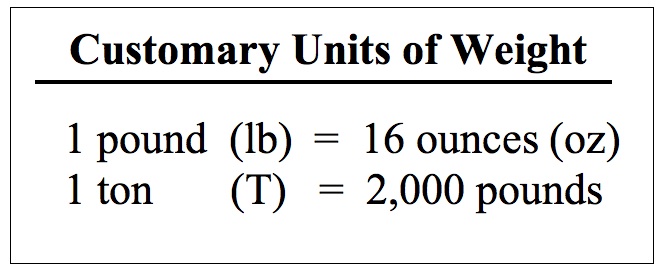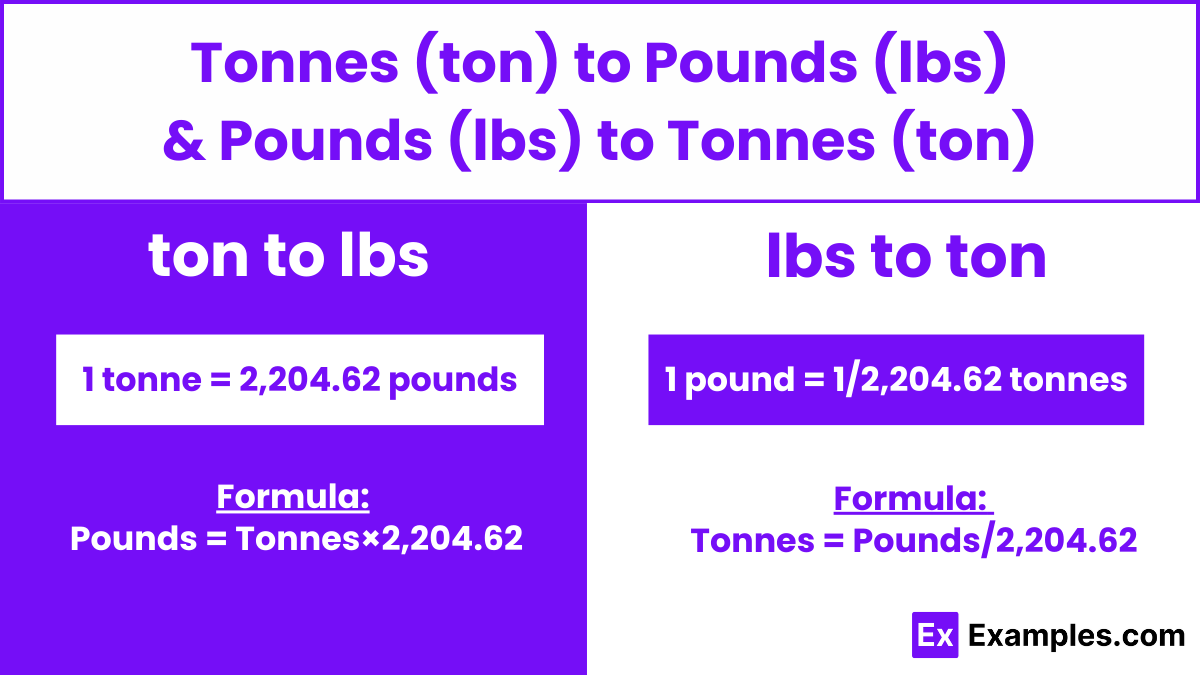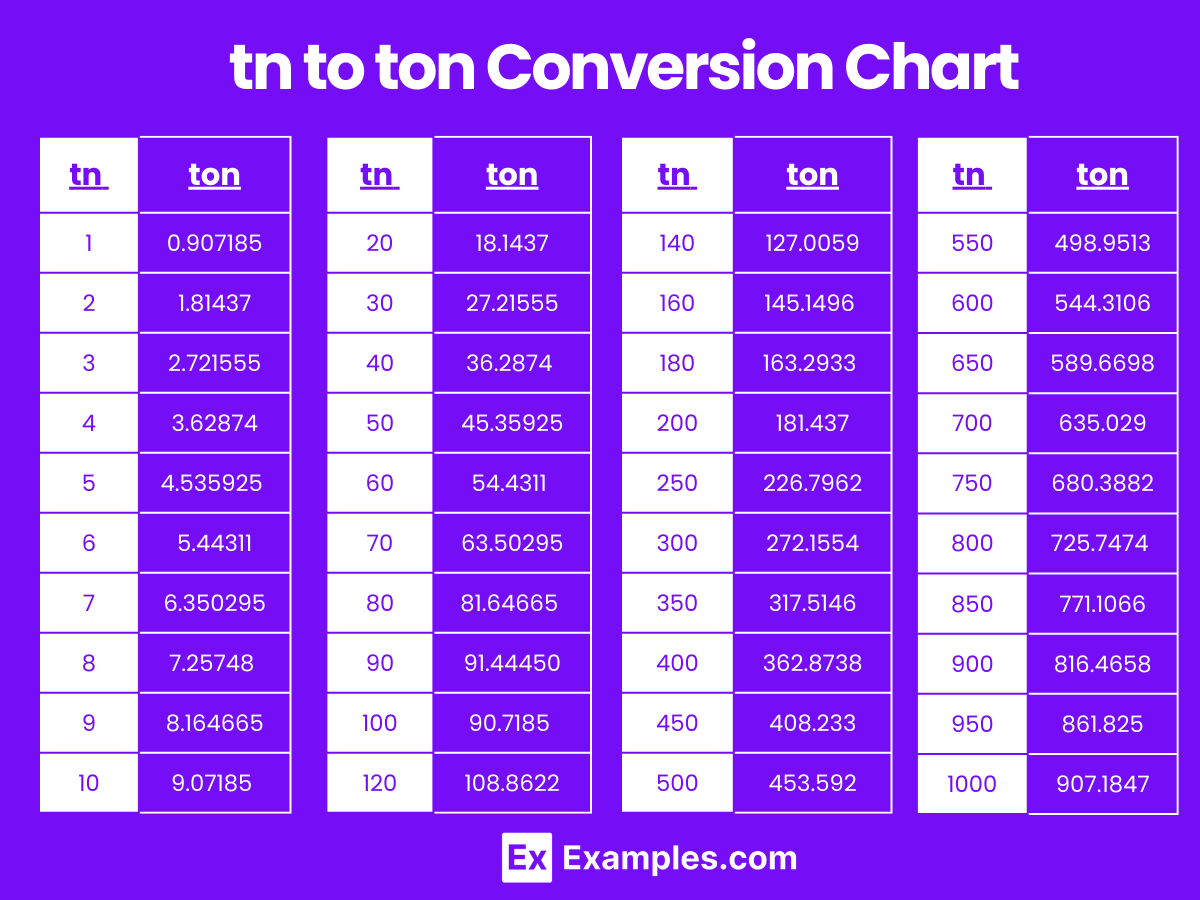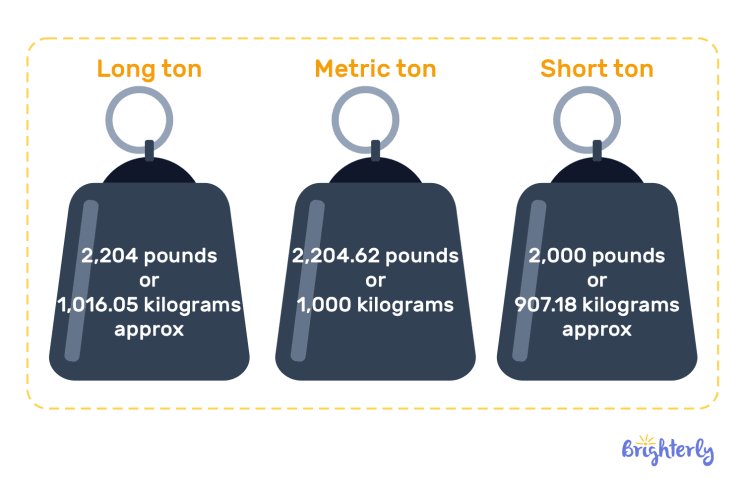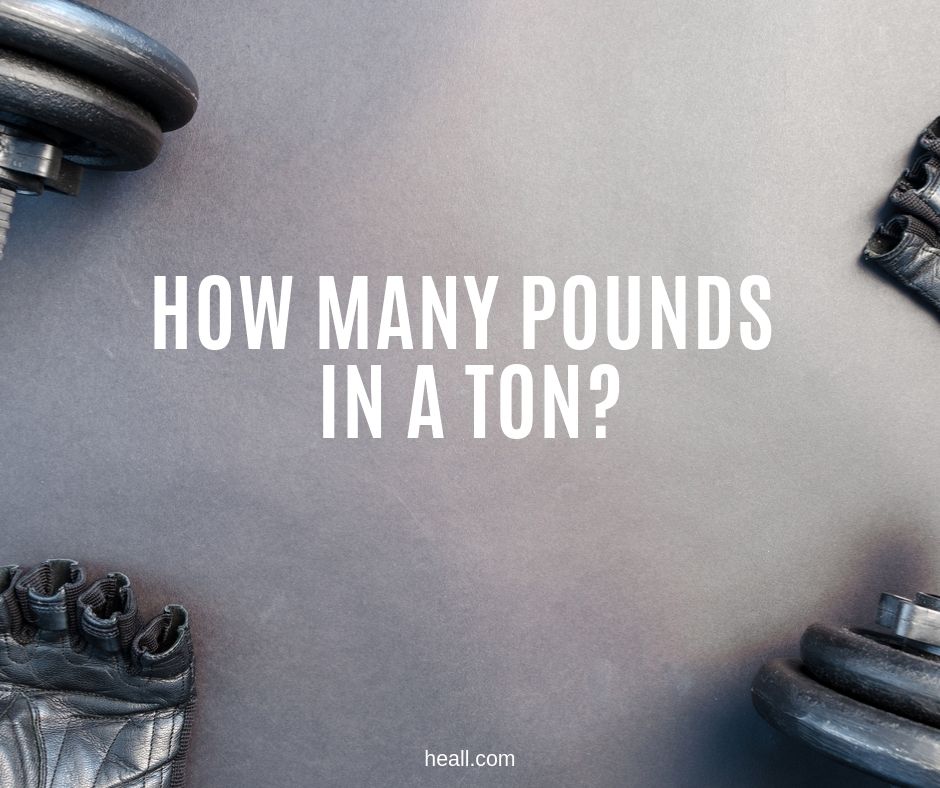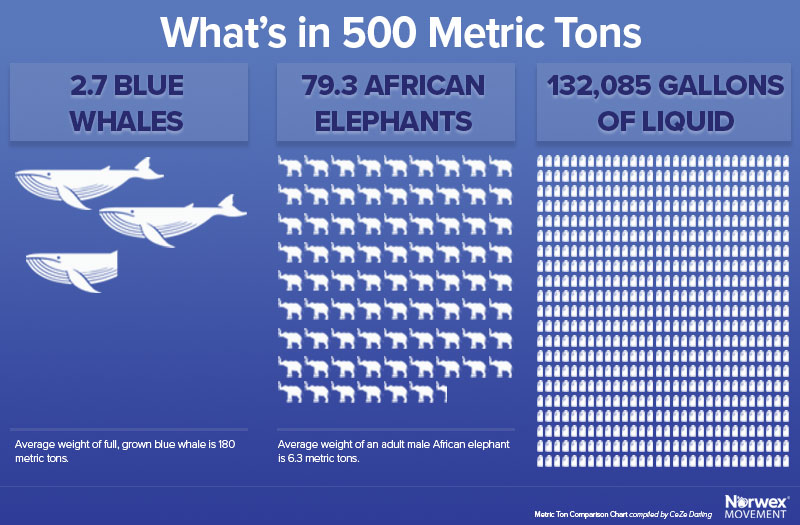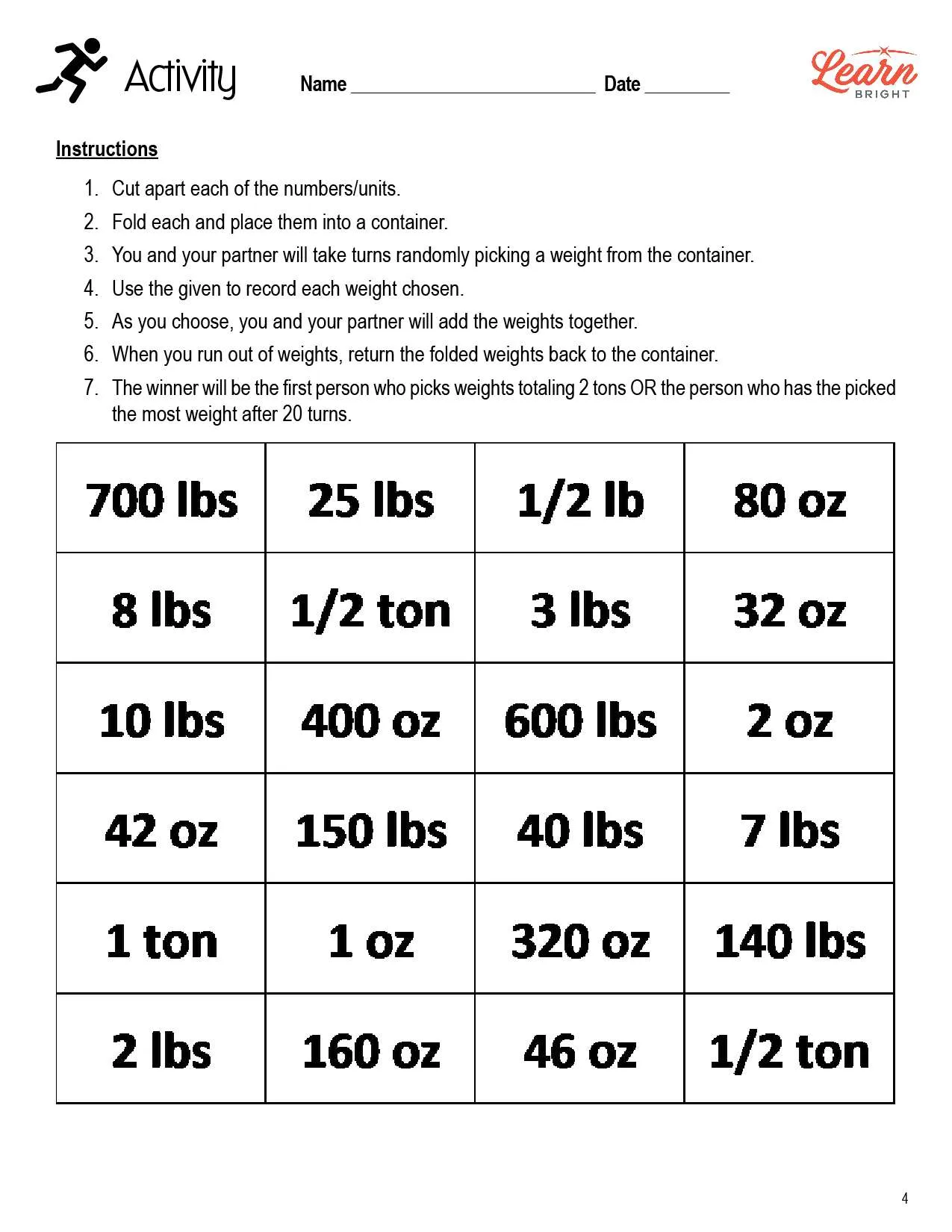How Many Tons In A Million Pounds

Imagine standing in a vast warehouse, sunlight streaming through the high windows, illuminating stacks upon stacks of… well, let's say individually wrapped chocolates. Millions of them. A delectable, overwhelming mountain of cocoa goodness. Now, try to picture weighing all that sweetness. Would it be a few pounds, a few hundred, or something far, far grander?
The question "How many tons are in a million pounds?" might seem straightforward, but understanding the answer unveils a fundamental aspect of measurement and its real-world implications. It highlights how we quantify large quantities and how different units of measurement relate to each other, bridging everyday experience with significant scale.
A Deep Dive into Weight and Measurement
The concept of weight has been around for centuries, evolving from simple comparisons using stones or grains to standardized systems recognized globally. These systems help us trade, build, and understand the world around us.
The pound, a familiar unit of weight in many countries, has a long and complex history. Its origins can be traced back to ancient Rome, where the *libra pondo* served as a standard weight. Over time, the pound has seen numerous variations, but today, the international avoirdupois pound, equal to approximately 0.453592 kilograms, is the most commonly used.
The ton, on the other hand, represents a much larger unit of weight, often used for shipping, construction, and other heavy-duty applications. Interestingly, there are different kinds of tons. The one we typically encounter in everyday contexts is the short ton, primarily used in the United States. There is also the long ton, often used in the United Kingdom and in some specific industries.
Short Tons vs. Long Tons: Understanding the Difference
The key to our central question lies in differentiating between these two types of tons. A short ton is equal to 2,000 pounds. A long ton, also known as an imperial ton, is equal to 2,240 pounds.
This difference, though seemingly small, can have significant implications in industries dealing with vast quantities of materials. Confusion between the two can lead to calculation errors and logistical nightmares.
Calculating the Conversion: From Pounds to Tons
Now, let's tackle the core question: How many tons are in a million pounds? To determine this, we need to specify which type of ton we're using.
If we're dealing with short tons, the calculation is as follows: 1,000,000 pounds / 2,000 pounds/ton = 500 short tons. Therefore, a million pounds is equivalent to 500 short tons.
However, if we're working with long tons, the calculation changes slightly: 1,000,000 pounds / 2,240 pounds/ton = approximately 446.43 long tons. So, a million pounds is approximately 446.43 long tons.
It's crucial to be precise about which unit of measurement is being used to ensure accuracy in calculations and avoid potential errors.
The Significance of Accurate Measurement
Accurate measurement is fundamental to countless aspects of modern life. From international trade to scientific research, reliable and consistent measurements are essential for ensuring fairness, efficiency, and progress.
Consider the shipping industry, where goods are transported across the globe every day. Proper weight measurement is vital for determining shipping costs, ensuring the safety of vessels, and complying with international regulations.
In the construction industry, accurate measurements are critical for ensuring the structural integrity of buildings and infrastructure. Incorrect calculations can lead to catastrophic consequences.
"Measurement is the first step that leads to control and eventually to improvement. If you can't measure something, you can't understand it. If you can't understand it, you can't control it. If you can't control it, you can't improve it." - H. James Harrington
Harrington’s quote perfectly highlights the power of measurement.
Beyond the Numbers: Real-World Applications
The ability to convert between pounds and tons, while seemingly a simple mathematical exercise, has practical applications in a wide array of fields. Understanding these conversions allows us to grasp the scale of different materials and processes.
For example, consider the amount of waste generated by a city each year. Quantifying this waste in tons helps policymakers develop effective waste management strategies and track progress towards sustainability goals.
Similarly, understanding the weight of agricultural harvests in tons allows farmers and policymakers to assess crop yields, plan for food distribution, and address potential food security challenges.
Reflecting on the Weight of Things
So, the next time you encounter a seemingly simple question about weight and measurement, remember the rich history and complex nuances that underlie these concepts. From ancient trading practices to modern scientific endeavors, accurate measurement remains a cornerstone of human progress.
Whether it's a million pounds of chocolates or a shipment of steel girders, understanding the relationship between pounds and tons allows us to appreciate the scale of the world around us and make informed decisions based on reliable data.
And perhaps, as you reflect on the weight of things, you'll also appreciate the weight of knowledge and the importance of continuous learning in a world increasingly driven by data and measurement.


